Keywords: Judge
There are more than 200 results, only the first 200 are displayed here.
-
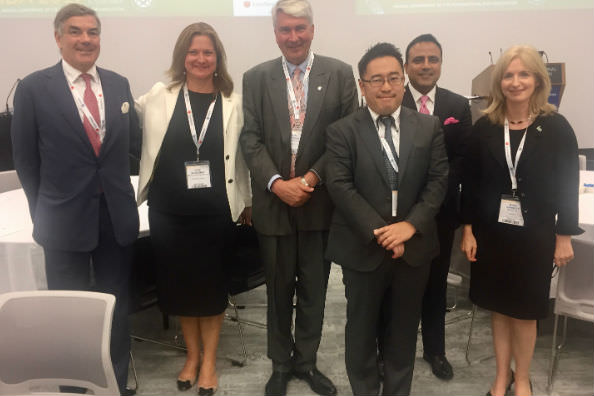
INTERNATIONAL
- Frank Brennan
- 12 October 2017
In the 16th century it was the Dominican friars like Vitoria, Las Casas and Montesino in Salamanca who confronted the state and challenged public opinion about the rights of the indigenous peoples in Spain's newly colonised lands. Not even the most nostalgic and forgiving Jesuit would opine that the modern practitioners of Morality with a capital M challenging the powers of the market and the state would be found in a modern monastery.
READ MORE
-
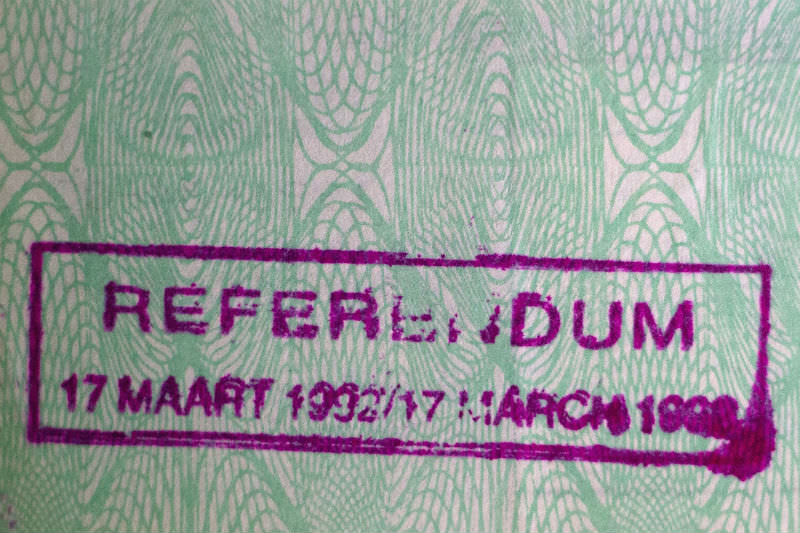
INTERNATIONAL
- Catherine Marshall
- 06 October 2017
3 Comments
One of the first votes I ever cast was the one in which I got to help decide whether a marginalised group of people should have the same rights as me. It was March 1992. I was a young, white, enfranchised South African working as a journalist. The referendum was one of the methodical steps taken by F. W. de Klerk in the dismantling of apartheid.
READ MORE 
-
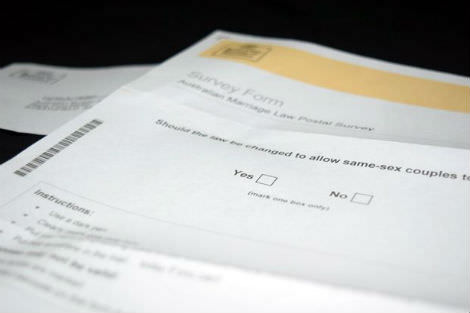
RELIGION
- Frank Brennan
- 25 September 2017
125 Comments
For many Catholic voters, this has been a difficult issue because for the first time in their lives they have found themselves in the same position which our politicians find themselves every time they have to vote on contested moral and political questions in parliament. They don't find themselves getting all that much help from official church declarations. This is no criticism of our bishops. They are the custodians of a tradition which has been somewhat skewed on this issue for a long time.
READ MORE 
-
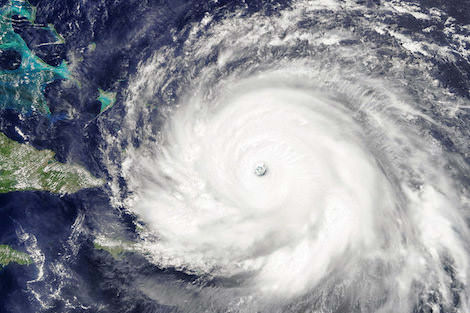
RELIGION
- Andrew Hamilton
- 20 September 2017
20 Comments
I was reminded of the importance of the uncontrollable by the recent death of Fr John George, a Sydney priest who daily submitted comments on our Eureka Street articles, some of which we published. Though no Hurricane Irma, the literary Fr George, the only one whom we knew, was nevertheless easily seen as terrifying and fascinating. Our efforts to control George reminded us of how limited is our capacity to control and how, as we control, we can turn people into ciphers and threats to be dealt with.
READ MORE 
-
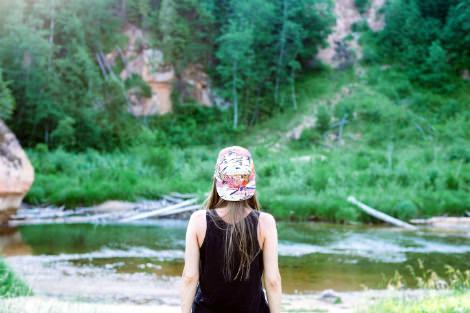
RELIGION
- Rachel Woodlock
- 15 September 2017
9 Comments
As the mum of a 13 year old daughter, I'm trying to prepare her for adulthood in a world that will, at times, judge her for being female. She's at the beginning of her adolescent journey, when the future seems to hold so much promise but also new dangers. The one that gives me pause, in the odd moment when I allow myself to think about it, is what I can tell her about protecting herself from bad men who might want to harm her, without scaring her into believing all men are potential rapists.
READ MORE 
-

ARTS AND CULTURE
- Dougal Hurley and Peter Gebhardt
- 11 September 2017
3 Comments
Belief brings solitary repose, no more mimicking gallant pens, poaching pips from wiser minds. Know the moment, listen and find the ephemeral and the luminous born and nurtured in reciprocity.
READ MORE 
-
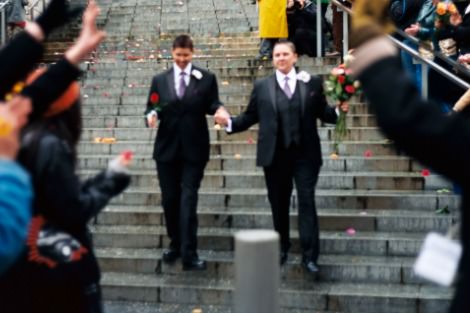
RELIGION
- Rachel Woodlock
- 07 September 2017
32 Comments
The state doesn't have an opinion on whether God approves of the union because theocracy went out of fashion in the West, along with the Divine Right of Kings. These days in Australia, the state doesn't even care to enforce sexual exclusivity of partners, although once upon a time that was a major element of marital law. Divorce is all about distribution of assets and establishing proper care of the kids. So why the brouhaha over marriage for gay people?
READ MORE 
-
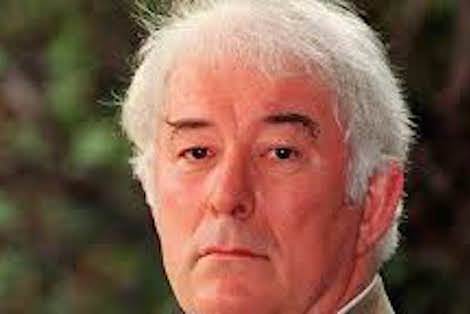
ARTS AND CULTURE
- Peter Gebhardt
- 08 August 2017
2 Comments
I found years on that my Birth Certificate
And Christening Documents spelt out a nominal fate
Of which I was totally unaware,
Dragging in English, Irish, German lines of past blood,
Like good stock,
Corriedales and merinos of good fleece.
READ MORE 
-

ARTS AND CULTURE
- John Ellison Davies
- 02 August 2017
7 Comments
Why do we get out of bed in the morning? Out of habit certainly, but at some level we have to believe that in the day ahead we may make some small incremental progress toward our goals, whatever they may be. A small improvement in the garden. The flourish of a job well done. We must have hope that we will find some joy in the day, some satisfaction that brings a sense of well-being.
READ MORE 
-

RELIGION
- Frank Brennan
- 03 July 2017
There is no point in proceeding with a referendum on a question which fails to win the approval of you, the First Australians. Neither is there any point in proceeding with a referendum which is unlikely to win the approval of the overwhelming majority of the voting public, regardless of when they or their ancestors first arrived in Australia. Given that you Indigenous Australians have spoken strongly through your representatives at Uluru in support of a First Nations Voice, it is now for the Referendum Council to recommend to government a timetable for constitutional change with maximum prospects of a 'Yes' vote.
READ MORE
-

RELIGION
- Frank Brennan
- 26 June 2017
6 Comments
Here in Ballarat, you know better than most other Catholics that respectful relationships in the church community have been rent asunder by the depredations of child sex offenders whose exploits went unchecked by those ordained to exercise tradition, authority, teaching and discipline. We will strengthen respectful relationships only with a voluntary commitment to truth, justice and healing — and not one forced by a royal commission or public odour.
READ MORE
-
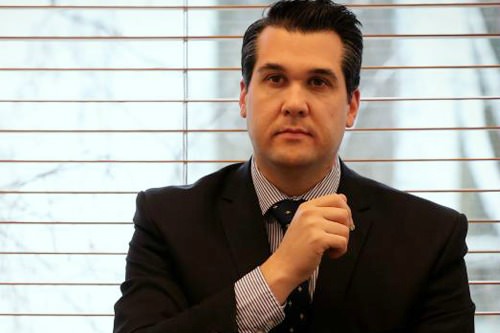
AUSTRALIA
- Kate Galloway
- 23 June 2017
9 Comments
Three Commonwealth ministers faced the Victorian Court of Appeal on 16 June to make submissions as to why they shouldn't be charged with contempt of court. This extraordinary occurrence arose because the ministers made public comments about a sentencing matter still under deliberation. Andrew Hamilton has in these pages looked at how the ministers' comments might offend the presumption of innocence. However, there is a further issue at stake - a question of good government.
READ MORE 